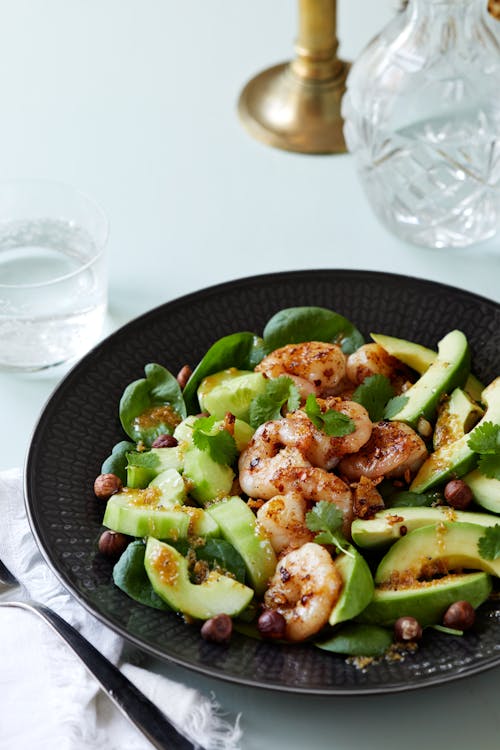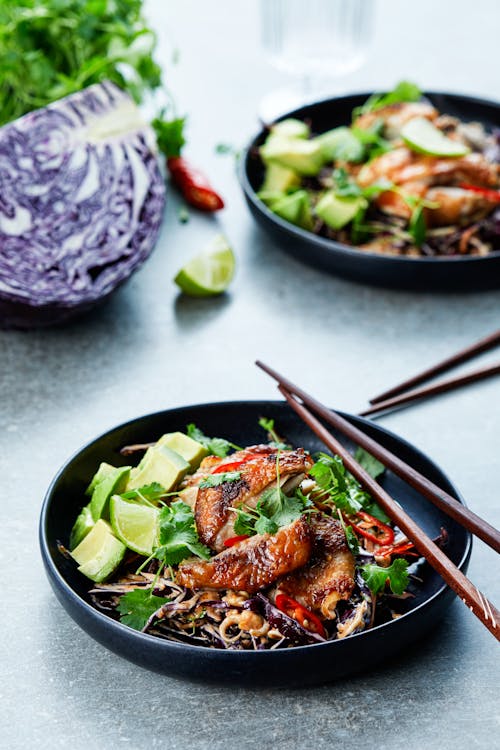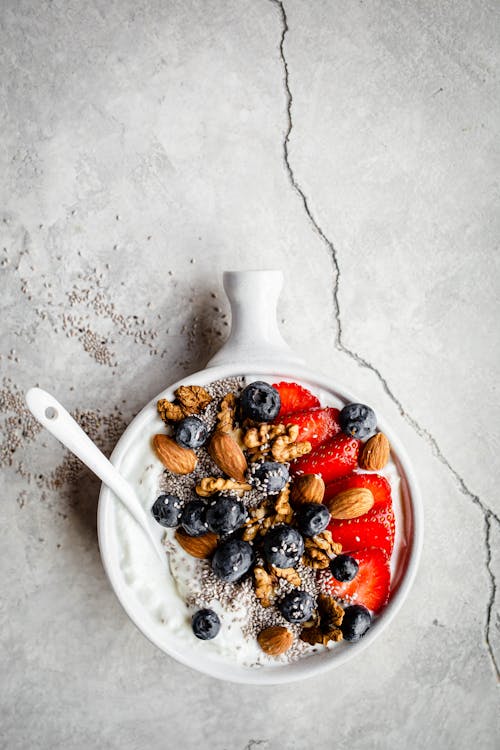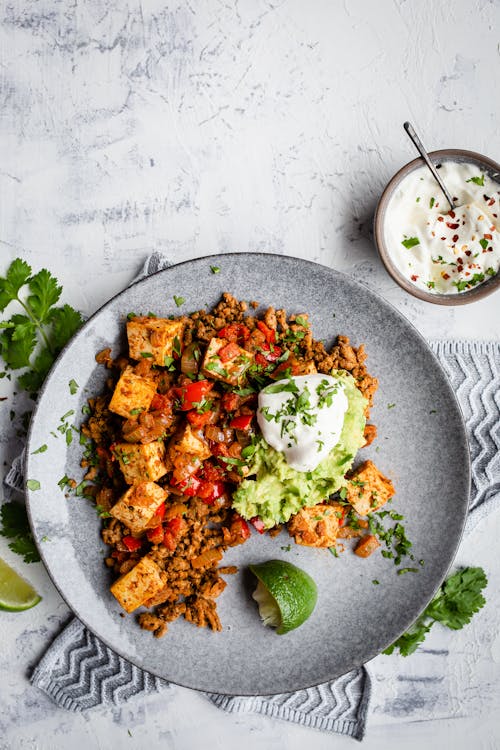Motherhood changed everything





Our culture puts a lot of emphasis on blame when it comes to health. We are villainized for being lazy or unaware of the “right” way to lose weight or achieve optimal health. I believe that when we listen to our bodies and take steps to improve our emotional wellness, weight loss comes as a bonus.
Erika McKellar here, Senior Content Manager on the Recipe Team at Diet Doctor. My health journey would fill a novel, but that’s not what I’m here to share today.
I’m here to share a message of hope to help you through your more challenging days. The days where you feel worn out and ready to give up. The days where you feel like you’ve tried everything that everyone has told you to do — your doctors, your family, your friends — but somehow your health situation isn’t changing.
You watch what you eat, you move your body, you count your macros, you take the drugs prescribed by doctors, but you still feel awful. It seems like you’re running as fast as you can on a hamster wheel, going nowhere. So eventually, you think, “what’s the point?”
I’m here to tell you there’s hope. The path to wellness is not linear. It often looks like one step forward and two steps back, or three, or four. I’m here to remind you that what matters most is that one step forward.
I was born sensitive and vulnerable in a fast-paced world. I was raised in Southern California in the early ’80s and ’90s, where life was about what car you drove, what clothes you wore, and how perfect your family looked on the outside.
I quickly learned to fall into this pace because it was what was expected of me. On the outside, things looked “perfect.” I was a good student, from a good family, who lived in a nice house and had everything I needed and more.
On the inside, I was sick a lot, whether it was respiratory infections, skin problems, cases of flu and colds, stomach issues, and food sensitivities. When I was 15, my eyesight started to deteriorate, and when I was 16, I was diagnosed with my first autoimmune disease.
Doctors told me my problems were genetic and there was nothing I could do about it. I accepted that. Like everyone else I knew, I was also told to eat the Standard American Diet. That meant tons of processed food from a package and fast food at least three times a week.
I didn’t slow down; I kept going faster. When I left home for college, I began to look for things to control in my chaotic world. The first and easiest thing to control was food. Beauty magazines told me that a zero-fat, low-calorie diet of 1,200 calories per day was optimal. They also told me I needed to go to the gym every day and work out HARD.
In my freshman year of college, I lost over 30 pounds (13 kilos) off of my athletic frame. At one point, I was close to hospitalization, but then a compassionate therapist helped me realize that food wasn’t the problem. It was that I had never learned how to listen to my body, only to the world around me.
Just as my self-worth started to flourish again, I was a passenger in a tragic car accident that shook my world. I survived, but my best friend who was driving the car did not. I spent the next decade running as fast as I could from that experience, ignoring my body and never processing the pain.
Over the next 15 years, I learned to listen to my body again and less to the world around me. I ate the cheese, the fat, the beef, and I got healthier, slowly. I adopted a high-protein, moderate low-carb diet in 2010 because my body told me that was right for me. It helped, but I still suffered from inflammation and gut issues. I still had a long way to go emotionally.
The big transformation happened when I decided that I was ready to become a mother. I was running a startup business and living off Starbucks coffee and hot yoga to cope with the extreme stress. Naturally, my husband and I couldn’t conceive.
It took quitting my business, moving to faraway Morroco, and one very long and excruciating round of IVF. My husband and I were finally blessed with a son at the end of 2019.
I took one look at my son when he was born, and everything made sense. The world had told me that I was never good enough, thin enough, strong enough, or intelligent enough, that I needed to strive for perfection in everything I did. But none of that was true. I realized: I am human, vulnerable, and unique.
That was when my true emotional healing began. Once I accepted myself as unique and flawed, I was able to take steps to process past traumas. I slowed down, listened inward, and connected more with nature and the people I loved.
My inflammation reduced, my anxiety and food intolerances improved, and my sleep improved. I removed toxic people and toxic thoughts from my life. I began to feel whole again. We moved to Stockholm, Sweden at the end of 2020 and I joined Diet Doctor in 2021, where I am able to continue my healing by helping others. I feel grateful every day for this opportunity.
On your darker days, remember that there is hope, and you are not alone. Emotional wellness is a journey, one tiny step forward at a time. You are doing amazing.
Tip 1: Start with 5 minutes of quiet time each day, with your breath and your body. Be curious, be still, and listen. It may take some time, but your body will eventually speak to you.
Tip 2: Practice gratitude and speak kindly to yourself. You are doing your best in an imperfect world that tells us that we are never good enough.
Tip 3: Get outside. Nature has a strong capacity to heal. Even just a few minutes of walking or sun on your face will help make a hard day just a little bit easier.
Erika McKellar, Senior Content Manager, Recipe Team





